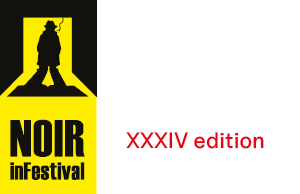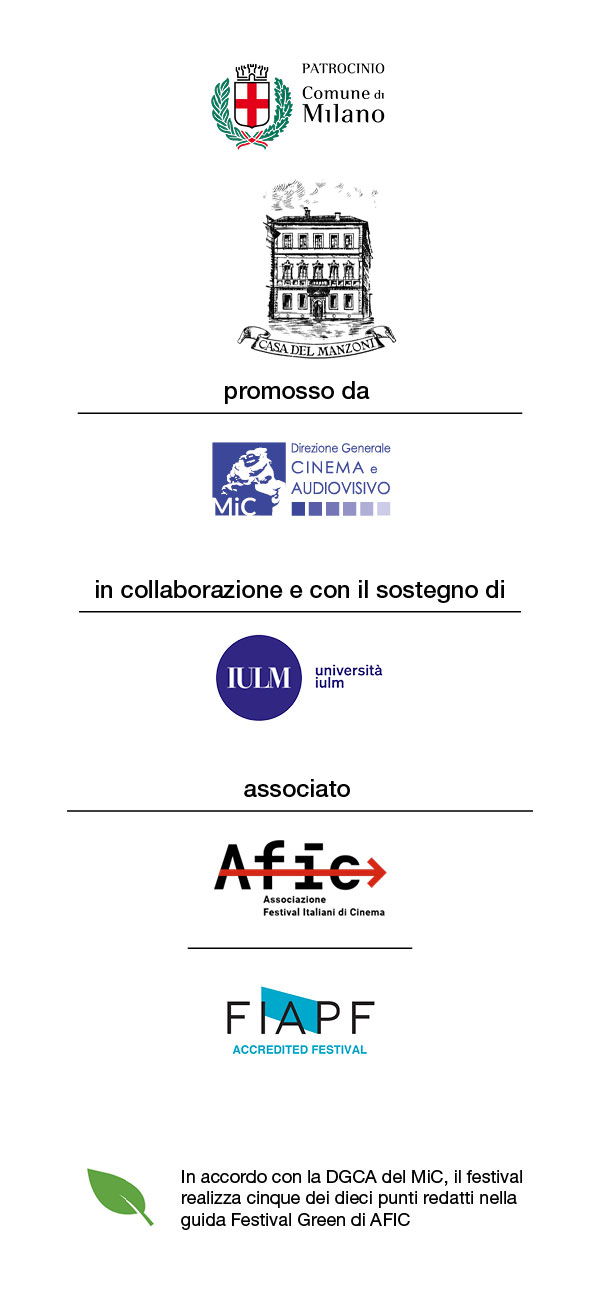Daniel Pennac, winner of the 2023 Raymond Chandler Award, took the IULM stage for a chat with students and teachers, warning them against moralizing

“Daniel Pennac claims he found his calling as a writer of noir fiction thanks to a bet. Yet, in Benjamin Malaussène, Pennac has given us the most original and enchanting anti-hero in the entire genre, a wry, mild fellow who, from novel to novel, has proved to be the linchpin of a many-hued and happily contradictory universe that has seduced readers of all kinds. His Belleville remains a stronghold of humanity that defends us from the horrors of contemporary life. Welcoming Pennac today as the rightful heir of Raymond Chandler, and celebrating Malaussène as a latter-day Philip Marlowe, strike us as a spectacular paradox that breathes new life into Noir without undermining the ethical, social, and civic values our festival is founded on and always has been. We greet Daniel Pennac today as a champion of literature at its best, an ironic observer of the workings of fiction, which he bends towards his own vision of the world in a highly innovative way. His voice today is a counterpoint those of the many prestigious figures who have won the Chandler before him; more than deserving of the honor, Pennac stands out as an utter original.”
With the above statement, Noir in Festival conferred on Daniel Pennac the 2023 Raymond Chandler Award at the Casa Manzoni, with Giancarlo De Cataldo on hand to do the honors (see the video of the ceremony below).
Before receiving the coveted award, the creator of the Malaussène series met with IULM students and chatted with the writer and semiologist Stefano Bartezzaghi, whom Pennac nicknamed “Bartéz”.
“The reason I became a writer is all due to a teacher I had at school who told me, ‘Go write a novel’. That day I learned a lesson about writing and teaching as well,” Pennac explains. “The teacher’s proposal was a way of reacting to the fact that I constantly lied. I was a terrible student in every single subject, I’ll admit. And when that is the situation, you’ll find you have two different kinds of teachers on your hands: the moralizer – which is the majority of them – who says liars are hopeless cases. But then there’s the minority – who reason like the teachers they are and decide to do their jobs. And my professor belonged to that ten per cent who try to create a bridge between imagination and the subjects they teach. So he said to me, ‘Listen. I’ve had enough of your nonsense. Try to use that imagination of yours. Write me a novel. Over the next trimester, I expect ten pages a week. And by the end, a whole finished novel. Work with a dictionary open on your desk. Check everything you do. Even those words you think you already know.” I was fifteen years old. Now I’m a lot older than that. I became a writer. I became a teacher. And I still work with a dictionary open on my desk!”
How’s that for the start of a story? The story of Pennac and his fictional creations, which, in a way, given the audience made up of students and teachers, can be interpreted as an exhortation to use our imaginations and not lose heart in the face of setbacks or prejudices.


